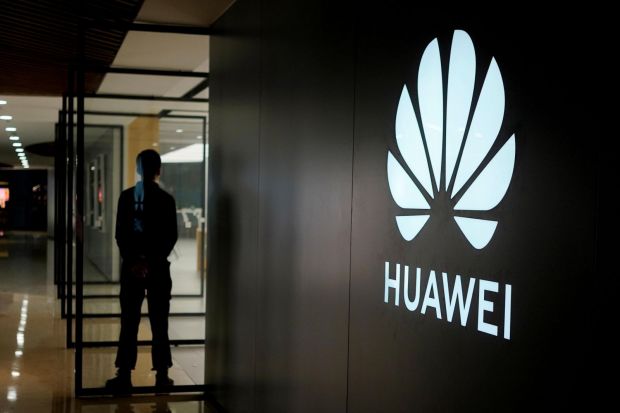Asean investment in human capital and ICT infrastructure critical: OCBC
As the Chinese economy grows and demand for more complex imports goes up, Asean – which has a heavy trade dependency with China – needs to begin investing in human capital and information communication and technology (ICT) infrastructure, say analysts at OCBC.
They pointed to how the booms and busts of the electronics cycle in this region are closely related to Chinese import demand, adding that with China’s push towards rolling out its 5G infrastructure in the near future, demand for electronic products is expected to rise.
The Chinese economy continues to evolve towards one that is driven by domestic consumption rather than one that is export dependent, a move that has been expedited by the US trade barriers. Thus, the demand by China for more complex goods will grow. As such, labour-intensive manufacturing industries in Asean will see increasing difficulty in matching this demand.
The region must therefore begin to invest in capital both human and machinery, in order to shift from a labour-intensive manufacturing hub to one driven by technological know-how.
With digitisation taking hold, the development of ICT infrastructure is also critical, with secure internet servers being needed for technology literacy.
Adding to all this is the growing realisation that the US-China trade war is ultimately a race for technological superiority between the two superpowers.
Analysts say that this is evidenced by China agreeing to wind down the trade balance with the US to near zero by 2024, and the fact that most of the negotiations ultimately failed on tech transfer compromises and that tech giant Huawei’s inclusion into the direct line of fire is another US attempt to gain the upper-hand in the tech race.
The two superpowers are also willing to sacrifice trade growth to maintain their slim lead in the tech race which shows the importance each has attributed to the growing influence of digitisation.
To get around the trade barriers put up by both powers, businesses will increasingly turn to technology as protectionism and a disdain for globalisation start to disrupt supply chains.
Analysts said that ICT development in Asean has made much stride, especially with the Asean Smart Cities initiative. Nonetheless, most of the region still has much to play catchup in its digital know-how.


 Thailand
Thailand




